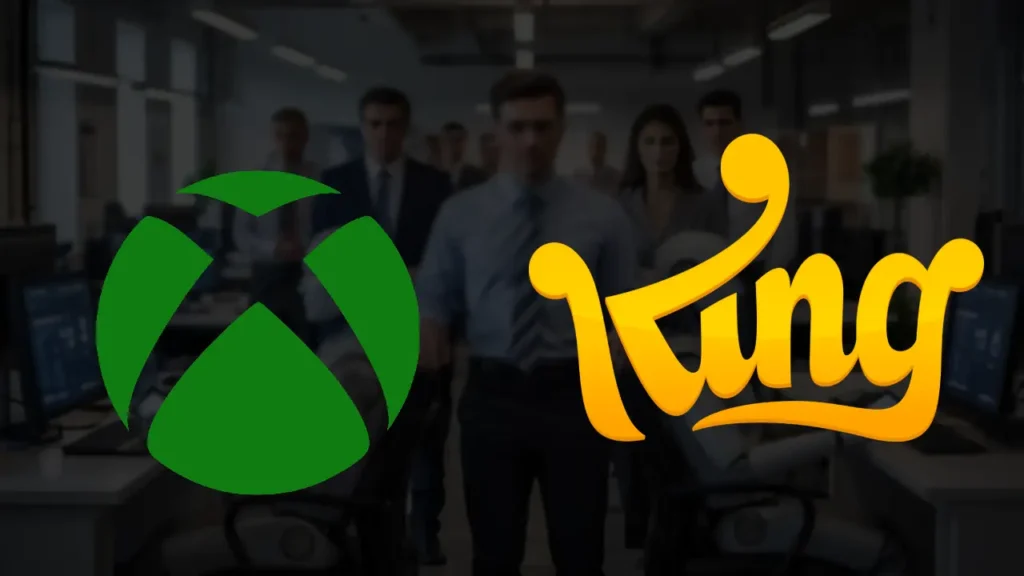
In a move that’s sending shockwaves through the gaming industry, Microsoft has reportedly begun replacing terminated roles at Xbox and Candy Crush developer King with artificial intelligence systems. The layoffs, which took place in early July 2025, affected approximately 200 employees, many of whom are now learning that their former positions will be automated.
Internal Memo Confirms AI Replacements
According to an internal memo obtained by MobileGamer.biz, King employees were informed that the July layoffs were part of a strategic restructuring effort aimed at simplifying team operations. The memo emphasized reducing organizational complexity through “fewer layers, fewer people in meetings, and fewer stakeholders for every project.”
Most notably, the document highlighted that Microsoft is focusing on “unlocking many more AI tools” as a central pillar of this transition. Ironically, some of the affected employees had previously worked on the very AI tools now being used to replace their roles.
A Growing Trend of AI in Game Development
The news adds to an already grim pattern in the industry. Over the past two years, gaming giants like Sony, Embracer Group, and Microsoft have made headlines for studio closures, canceled projects, and sweeping layoffs. While corporate bloat and inefficient scaling have long been cited as the culprits, this latest development confirms what many feared: AI is now actively replacing creative and operational talent in gaming.
The roles affected reportedly include QA testers, live ops managers, community coordinators, and support staff—functions that Microsoft believes can now be handled more efficiently by machine learning systems and automation platforms.
Backlash and Industry Concerns
The revelation has sparked immediate backlash across social media and game development circles. Critics argue that while AI may boost productivity and reduce operational costs, it risks stripping game development of the human creativity and empathy that players value most.
Former King and Xbox employees expressed frustration over being replaced by tools they helped build. “It’s like being shown the door by your own creation,” one anonymous developer stated.
What This Means for the Future of Gaming
This shift could mark a turning point in how games are made, managed, and supported. While Microsoft claims the restructuring is aimed at achieving “sustainable growth,” industry experts warn that over-reliance on AI could homogenize game design and alienate core player communities.
Microsoft’s decision to replace human employees with AI at Xbox and King studios isn’t just a cost-cutting move—it’s a signal. As AI continues to penetrate every layer of the industry, the balance between innovation and human craftsmanship is now more fragile than ever. Only time will tell if this gamble will pay off or push fans and developers further away.